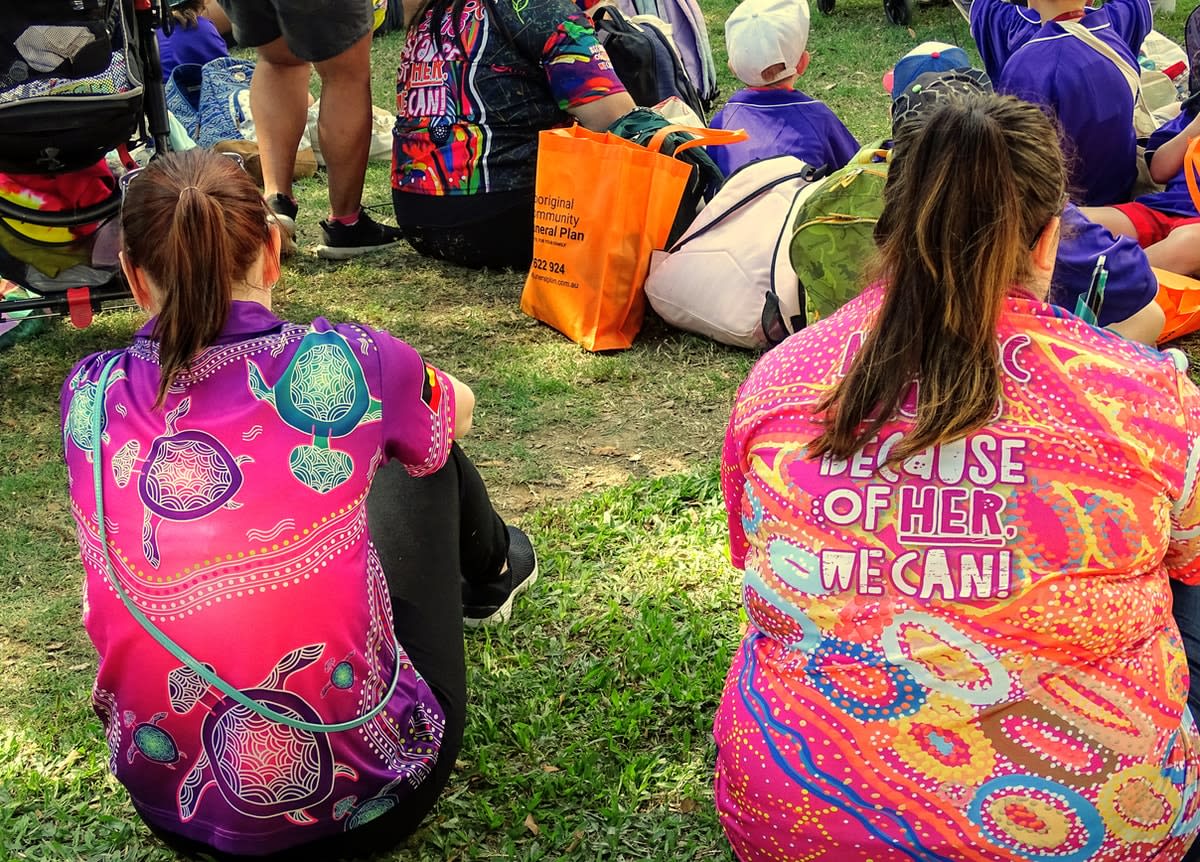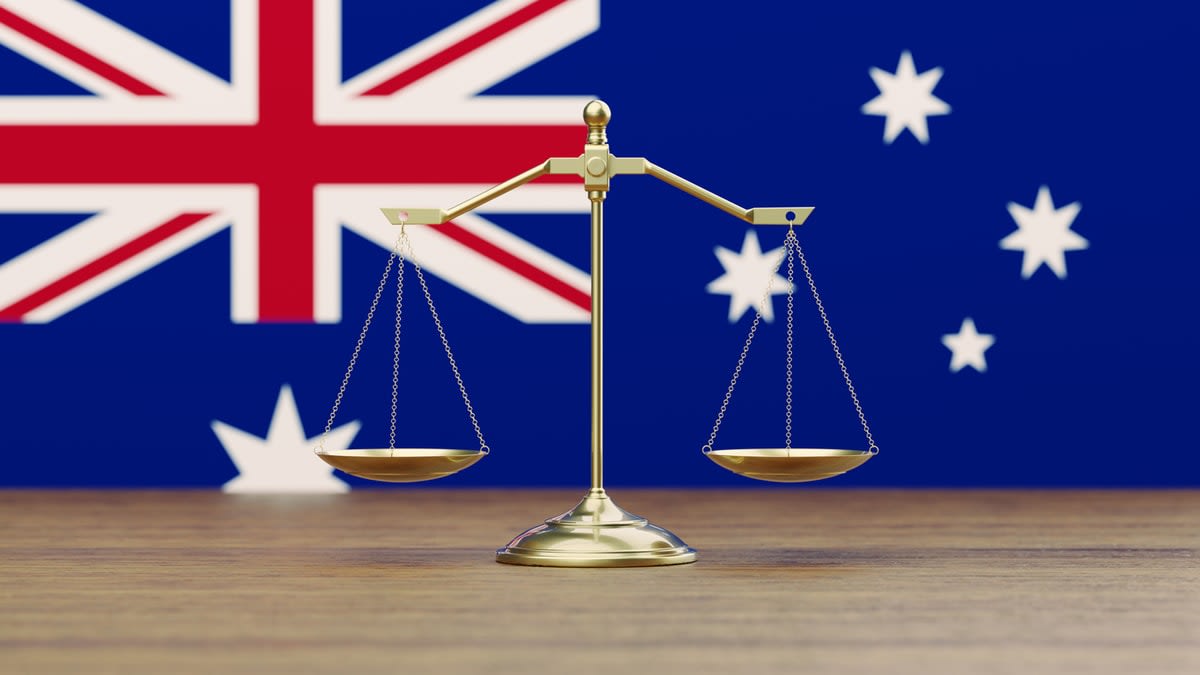Although 2021's only a few months old, we've already seen a plethora of controversies.
-
Paula Gerber
Professor of Law
-
Melissa Castan
Senior lecturer, Deputy Director of the Castan Centre for Human Rights Law
Every day we read about violence against women, verbal attacks of vulnerable people by those in positions of power, and dire warnings about pandemics, climate change, and an uncertain economic future.
On their face, these stories seem separate and unconnected. But two Monash academics have spearheaded research that "connects the dots", revealing a patchwork quilt of human rights violations across Australia, as diverse as they are widespread.
The #MeToo movement and Eddie Maguire's response to findings of racism within the Collingwood Football Club share a common root in systemic inequality and discrimination in Australia.
Many people like to think of Australia as the "lucky country" (indeed, Prime Minister Scott Morrison suggests we should be thankful we can protest in the streets without "being met with bullets"). However, the reality is that you just have to scratch the surface to reveal significant human rights violations.
The recently published Critical Perspectives on Human Rights Law in Australia shines a light on the human rights abuses being committed in Australia, and shows that far from being isolated incidents, these violations reveal the injustice and inequality sitting just beneath the surface of society.
For example, Monash legal expert Dr Tania Penovic identifies a number of obstacles to women achieving full equality in Australia, including domestic violence, sexual assault, and pay inequity. She asserts that equality will remain elusive for as long as abuse remains invisible.
We must do more to ensure women's voices are heard, their perspectives understood, and that all women, including Indigenous women, are able to play a central role in shaping contemporary laws and policies.

A history of disadvantage for Indigenous Australians
It's well-recognised that Indigenous Australians have endured a long history of disadvantage, and that our laws and government institutions have been instrumental in this oppression.
The human rights experience of Indigenous Australians is significantly worse than for non-Indigenous Australians.
In Critical Perspectives on Human Rights Law in Australia, Indigenous women Inala Cooper and Shannan Dodson share their personal journeys, deeply rooted within their own Country and community. They illustrate how they channel the experience and wisdom of their Elders in their fight for human rights and self-determination.
Dr Harry Hobbs builds on this approach by advocating that Australia should fulfil its international obligations under the Declaration on the Rights of Indigenous Peoples by pursuing negotiated treaties that expressly recognise the inherent sovereignty of Aboriginal and Torres Strait Islander peoples, and facilitates their participation in political life.
What is also necessary is that Australia, as a whole, moves towards a fairer culture, in which the human rights of everyone are valued and respected, not just the rights of privileged, white, cisgender men.
What connects all these "dots" - these human rights violations - is the lack of a remedy. Indigenous footballers have little recourse when they're subjected to racial vilification from spectators, and even their own teammates and club officials; women know that if they report a sexual assault, there's only a 10% chance the perpetrator will be convicted; and young people voicing their anxiety about the impact of climate change on their future fall on deaf ears.
The lack of a federal Bill of Rights in Australia contributes to a culture where human rights abuses can be perpetrated with little risk of consequences. Having a strong legal framework that provides remedies for those who experience human rights abuses is only the first step in improving the human rights situation in Australia, but it's an important one.
What is also necessary is that Australia, as a whole, moves towards a fairer culture, in which the human rights of everyone are valued and respected, not just the rights of privileged, white, cisgender men. The rights of the vulnerable and marginalised must be protected and valued as much as the rights of the wealthy and powerful.

Proactive action is required, starting with education
A key component of achieving a rights-respecting culture is ensuring everybody is aware of their rights. At present there's a great deal of ignorance about human rights because it's not embedded in the school curriculum. There's much discussion about the importance of students learning about respectful relationships and consent, but more than this is needed.
The Convention on the Rights of the Child requires that schools teach students about human rights. Australia isn't complying with this obligation. Yes, we need our young people to learn about consent, but we also need them to learn about respecting all people regardless of their race, religion, culture, political opinion, ability, sexual orientation, gender identity or sex characteristics.
Our school curriculums need a major overall to embed human rights. Reactive adjustments, following the exposure of systemic sexual harassment, isn't enough.
Transforming Australia into a rights-respecting society is daunting, but the sooner we begin the sooner it will be attained.
As we move forward on this journey to increase human rights protections across Australia, it's worth remembering this Jewish ethical maxim:
Do not be daunted by the enormity of the world's grief.
Do justly now, love mercy now, walk humbly now.
You are not obliged to complete the work,
But neither are you free to abandon it.
Critical Perspectives on Human Rights Law in Australia, edited by Paula Gerber and Melissa Castan, is published by Thomson Reuters.






